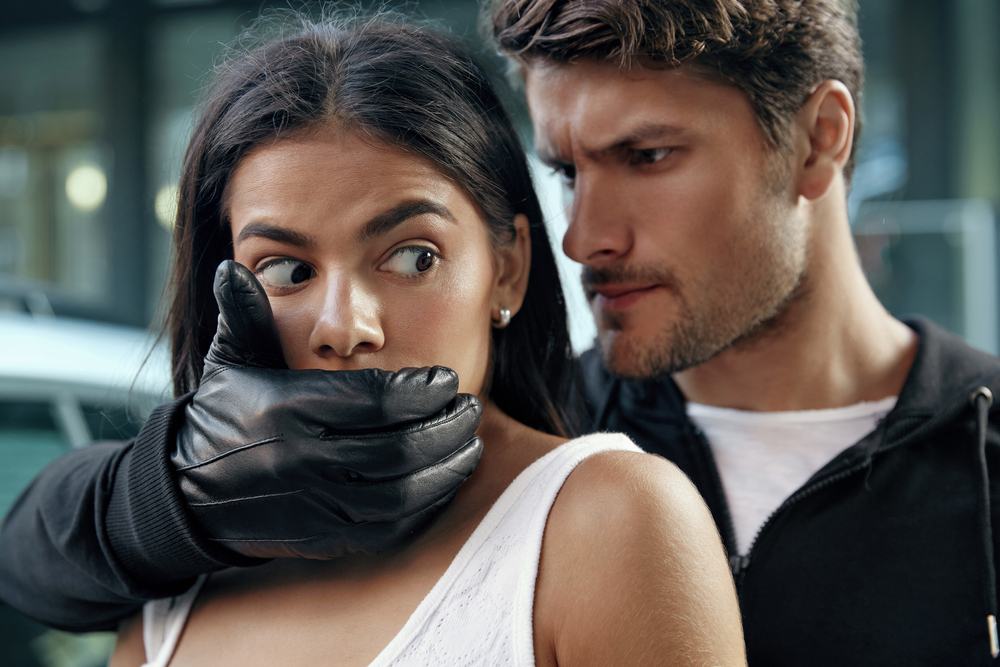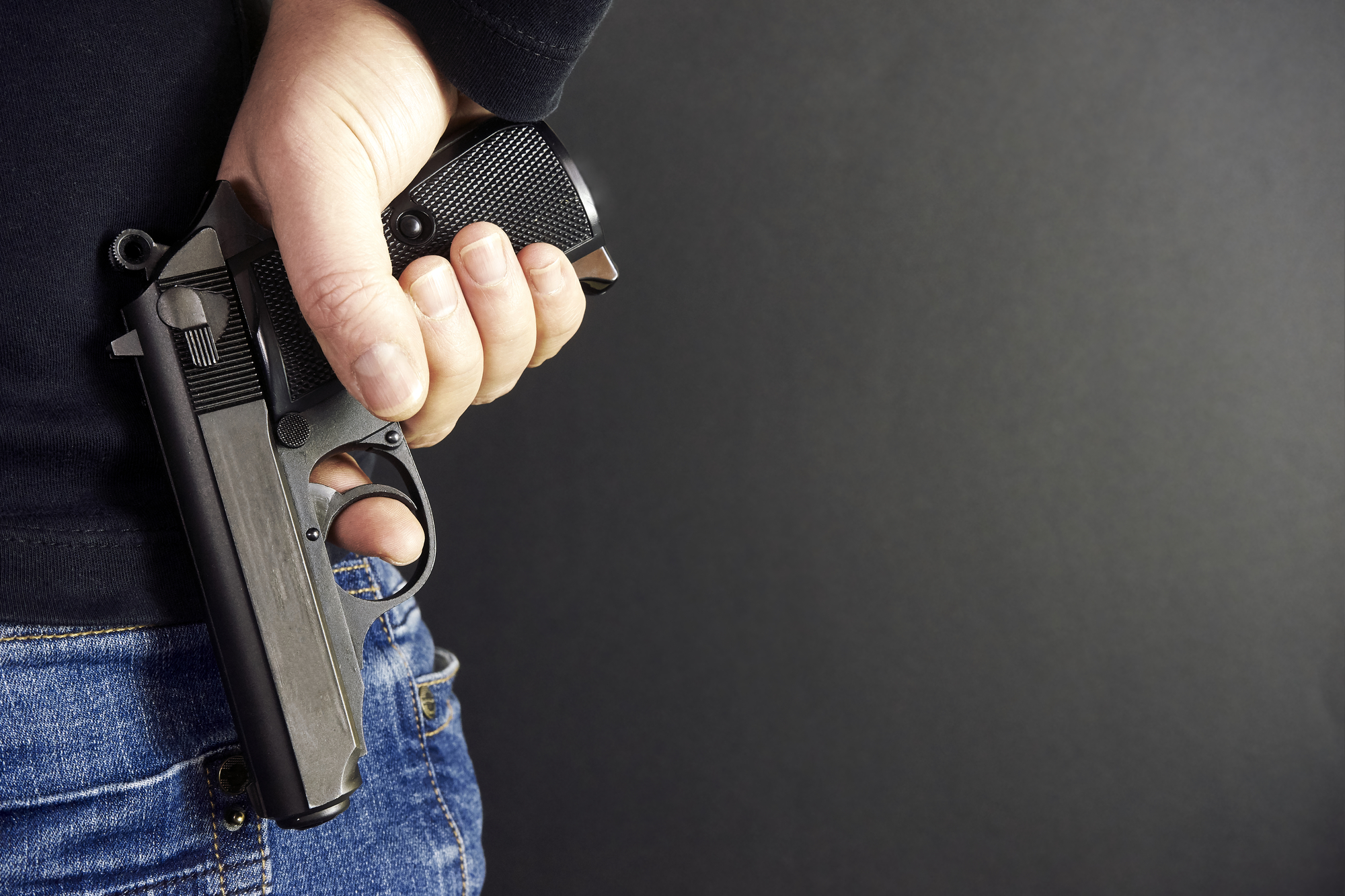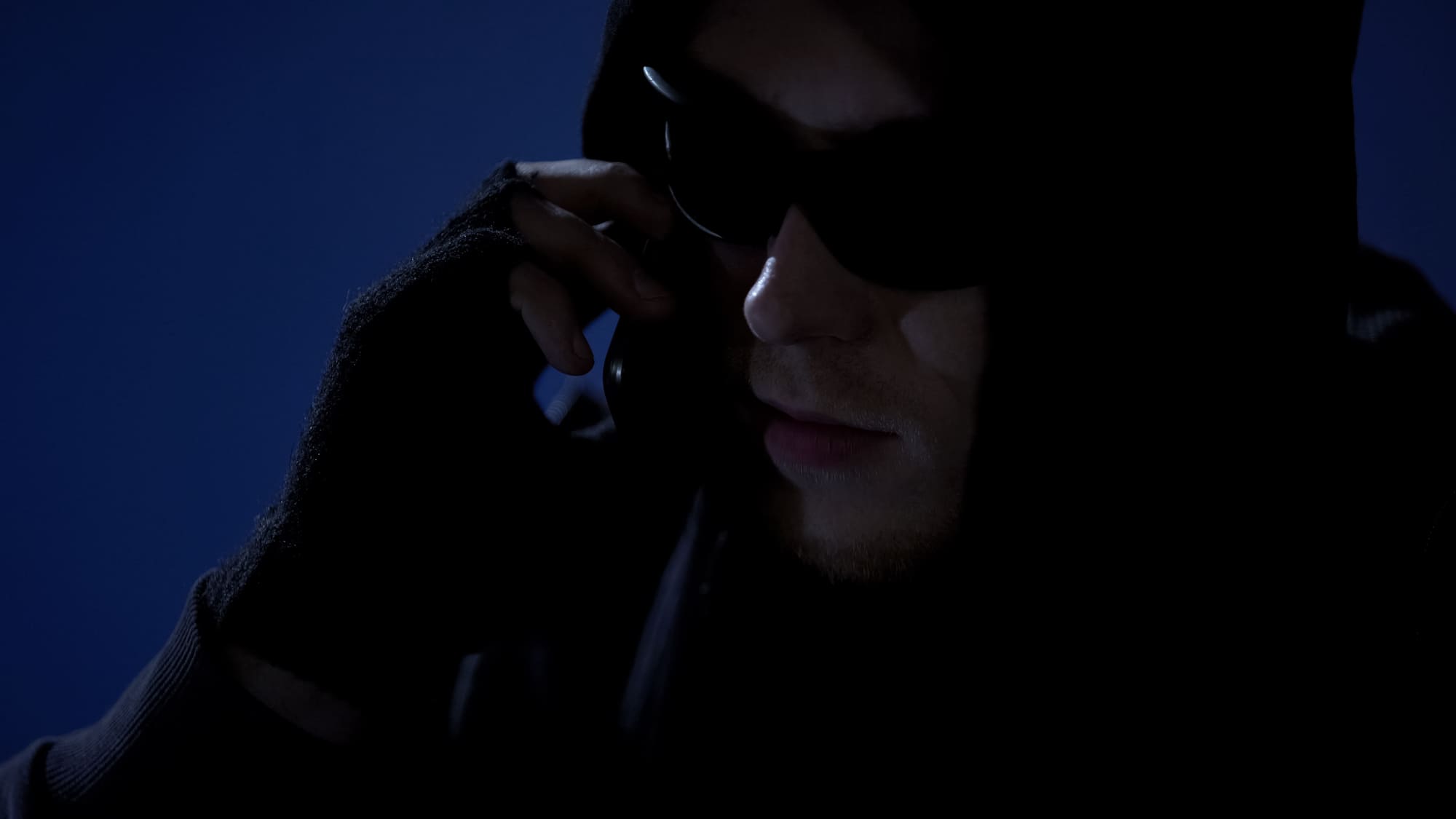DUI Law Arrest in Santa Ana
After a traffic stop and a field sobriety test, the first step of the criminal process in a DUI case starts when a police officer puts the suspect under arrest. An “arrest” happens when a person has been taken into police custody and is no longer free to leave or move around. It is not required to use physical restraint or handcuffs. An arrest starts when a police officer simply lets the crime suspect know that he or she is “under arrest,” and the offender submits without the officer’s use of any physical force. The key to an arrest is that the police exercise his authority over a person and that person’s either voluntary or involuntary obedience.
A police officer in Santa Ana might arrest a person under the following conditions:
The police officer personally witnessed a crime
If a police deputy sees a person committing a crime, the officer may lawfully seize that person. For instance:
A police officer pulls over a vehicle driven erratically, and after applying a Breathalyzer test sees that the driver’s alcohol intoxication level (BAC) is more than twice the state’s limit for safe driving of a vehicle. The police officer can detain the driver charging him with a DUI.
The Police Officer Has “Probable Cause” To Suspect Criminal Activity
When a police officer has a thoughtful belief, based on facts and circumstances, that a person has performed (or is about to commit) a crime, the officer may arrest that person. This belief, known as “probable cause,” may legally justify a DUI arrest in certain situations where strong indications of DUI are present, but the administration of a chemical test is rejected or is otherwise not possible. For instance:
A police officer witnesses someone throw a bottle out of a moving vehicle in a jurisdiction that makes it a crime. The officer pulls the vehicle over and sees empty beer bottles in the back seat of the car. When the driver rejects to submit to a breath test, the officer may legally arrest the motorist motivated on probable cause that a DUI was committed.
The Police Officer Made a Lawful Traffic Stop Which Led to a DUI Arrest
In a significant number of cases, traffic stops for routine traffic violations lead to DUI arrests. It is because police officers must show that they were not acting randomly or in an inconsistent manner merely to harass or intimidate an individual.
Legal traffic stops by police officers can range from the simple, such as speeding, to more subtle infractions like broken tail lights or illegal u-turns. For instance:
A police officer sees a vehicle with an expired driving license. When the officer pulls the motorist over, he detects alcohol coming from the vehicle, along with other evidence that he or she has been drinking. The officer then asks the driver to do a breath test or field sobriety test, finding that the driver is above the permitted limit. Most courts will find that is reasonable for the officer to arrest the driver long enough to conclude whether he or she is, in fact, under the influence.
An Arrest Warrant Issued
When a police officer has received a valid warrant to arrest a person, the arrest is lawful. An arrest warrant is a legal paper issued by a judge or magistrate, usually after a police officer has submitted a sworn allegation that sets out the basis for the arrest. When issued, an arrest warrant typically:
Recognizes the crime(s) committed;
Recognizes the individual suspected of perpetrating the crime;
Specifies the location(s) where they may found the individual; and
Gives a police officer authority to arrest the person(s) recognized in the warrant.
Challenging An Unlawful Arrest
At all steps of the criminal process, including arrest, police officers must guarantee citizens’ constitutional rights, such as the right to keep silence and the to be free from untenable searches and seizures. In violation of these rights, a court may later deem the arrest unlawful, and certain evidence removed out of the case.
While a criminal suspect may challenge the lawfulness of an arrest when it is happening, including the basis for the detention and the actions of the police officers, it is better to fight that battle in court rather than the street.
To drive under the control of either alcohol or other substances is not only threatening but can get you into serious legal problems as well. If you were arrested for a DUI, it is in your best interests to consult with an expert DUI lawyer in Santa Ana as soon as possible, so you can fully understand your rights and legal alternatives. Click here to take the first step to have a DUI attorney review your case for free.
Watch a video about DUI laws in Santa Ana
Arrested for a DUI? Let Angels Bail Bonds help you. Contact our Santa Ana office here.





